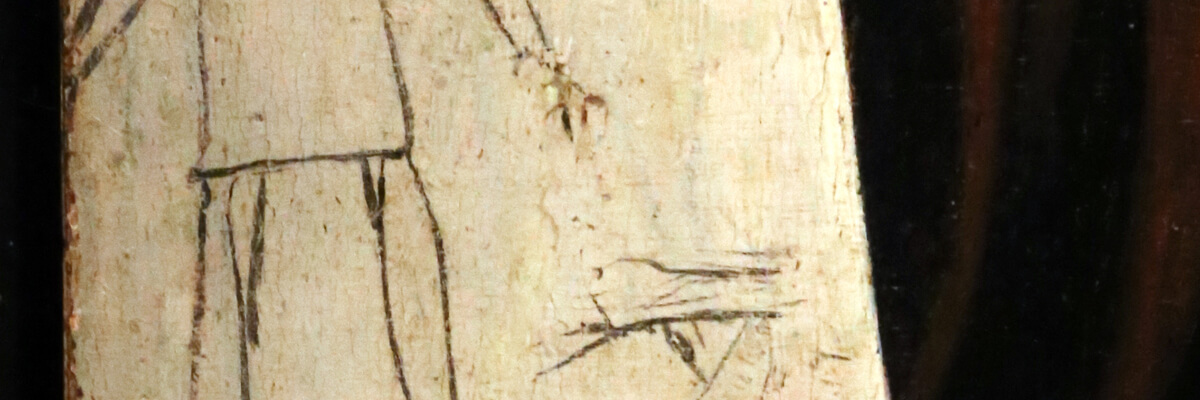Between 1484 and 1490, Michele di Bartolomeo alias “Tifi” Odasi, a man of letters who gravitated around the most distinguished humanistic circles of Padua, gave to the press a booklet that was destined to earn him a modest place in the history of Italian literature. Almost exclusively remembered today as one of the earliest examples of macaronic poetry, the humorous genre whose defining feature was an incongruous contamination of Latin language structures with vernacular words and inflections, his Macaronea nonetheless holds a certain interest for art historians. Along with the compositions by the Venetian Andrea Michieli, Odasi’s text marks the birth of a poetic tradition that would have enjoyed great popularity in sixteenth- and seventeenth-century Italy – namely, the verse that ridiculed visual artists and their works. For among the many laughable characters who enliven the prank-based plot of the Macaronea, the most memorable is probably the one of the painter Canziano (text in Ivano Paccagnella, Le macaronee padovane. Tradizione e lingua, Padua 1979, pp. 120-21).
Zum Inhalt springen

